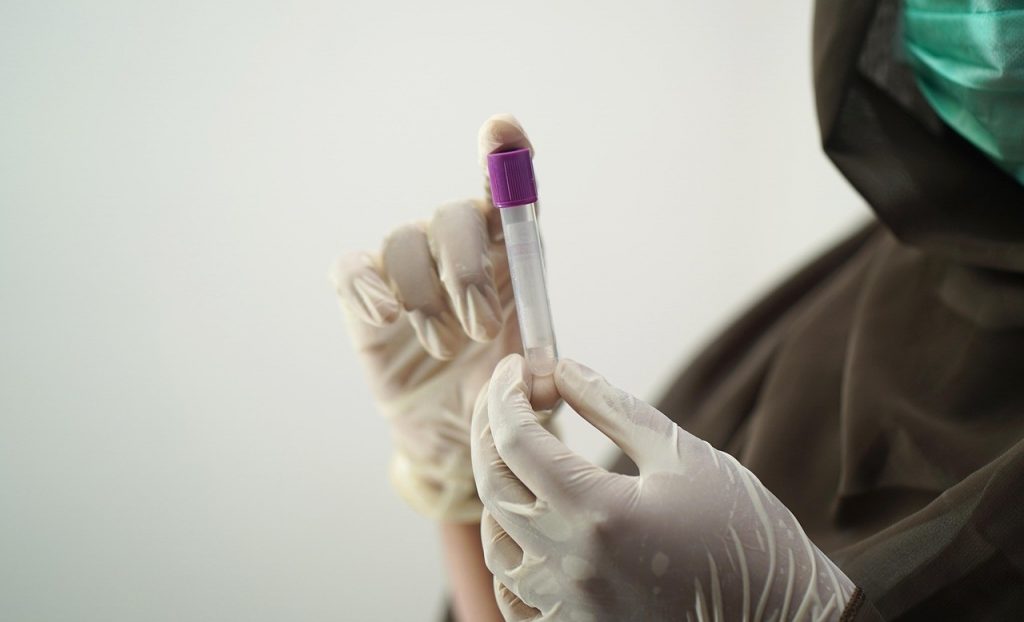Alleged Specialised Training for Drug Recognition Experts
Drug Recognition Experts are training officers on techniques for OWPD and other drug-related driving investigations. This area of expertise is largely untested and unreliable.

Recent Trend with Drugged Driving Investigations
Recently, law enforcement officers and prosecutors had an opportunity to participate in specialized training to enhance their abilities to detect and arrest drugged drivers during the state’s first Drug Recognition Expert (DRE) course. A Drug Recognition Expert would likely be called to testify when there is a charge of Operating with the Presence of Drugs, also known as OWPD.
This is an intensive 3-week course where DREs are trained to recognize signs of impairment in drivers under the influence of drugs other than, or in addition to, alcohol. They are also trained to identify the category or categories of drugs causing the impairment. There is a 12-step evaluation process to make this determination.
The first two phases of the course took place in Lansing, and the third one at the Maricopa County Jail in Arizona. This is because the jail processes an average of 900 inmates per day, and the participants in the program have a chance at hands-on drug evaluations for all seven drug categories, which is a requirement of the course.
This Drug Recognition Expert for OWPD program started in the 1970s and is supported by the International Association of Chiefs of Police and the National Highway Traffic Safety Administration.
According to NHTSA, 18 percent of all drivers killed in automobile accidents in 2009 tested positive for drugs. In Michigan, 20 percent of drivers killed tested positive for drugs.
OWPD Penalties in Michigan
In Michigan, being charged with Operating With the Presence of Drugs (OWPD) can have far-reaching implications that extend beyond the immediate legal consequences. When someone is found operating a vehicle under the influence of alcohol or drugs, they face a complex legal battle with potential penalties that can impact various facets of their life. For a first-time OWPD offense, the individual may face up to 93 days in jail, a fine ranging from $100 to $500, and a driver’s license suspension for 30 days, followed by 150 days of restrictions. This is in addition to up to 360 hours of community service and the accumulation of 6 points on their driving record.
As serious as these initial penalties are, the consequences escalate with subsequent offenses. A second OWPD (or similar) offense within a seven-year period could lead to up to one year in jail, higher fines, a longer period of license revocation, vehicle immobilization, and the possibility of an ignition interlock device being required. The stakes are even higher for a third offense, which is a felony and may result in imprisonment for up to five years, substantial fines, lengthy license revocation, and vehicle forfeiture.
These legal penalties, however, only tell part of the story. An OWPD conviction can also lead to increased insurance premiums, challenges in maintaining or finding employment, especially in jobs that require driving, and a pervasive social stigma. Moreover, the indirect consequences, like the impact on personal relationships and future opportunities, can be just as daunting as the direct legal repercussions.

It is Essential to Have an Experienced OWPD Defense Attorney
Given the severity and complexity of OWI and OWPD charges in Michigan, it’s imperative for anyone facing such an accusation to seek skilled legal representation, especially if the prosecution is using a Drug Recognition Expert. An experienced OWI defense attorney can navigate the intricacies of these cases, challenge evidence, negotiate for lesser penalties or alternative sentencing, and provide the robust defense needed to protect the rights and futures of those accused. Remember, an OWPD charge is not just a legal problem; it’s a life-altering event that demands expert legal intervention.
How do criminal defense lawyers defend against Operating With the Presence of Drugs (OWPD) charges?
Defending against Operating With the Presence of Drugs (OWPD) charges requires a multifaceted approach, leveraging legal expertise and an in-depth understanding of forensic science. Criminal defense lawyers employ various strategies to challenge these charges effectively:
- Questioning the Legality of the Traffic Stop: The defense often starts by examining the circumstances of the initial traffic stop. If the stop was made without probable cause, any evidence obtained as a result could be deemed inadmissible. Attorneys meticulously review police reports and bodycam footage to identify any procedural errors or violations of constitutional rights.
- Challenging the Drug Testing Process: The accuracy and reliability of the drug tests used to establish the presence of drugs are critical. Defense attorneys may question the testing methods, including the equipment’s maintenance and calibration. They might also bring in expert witnesses to testify about the potential for false positives or the limitations of the testing technology.
- Examining the Handling of Blood Samples: In cases where blood samples were taken, the handling, storage, and chain of custody of these samples can be scrutinized. Mishandling or contamination of samples or breaks in the chain of custody can compromise the integrity of the evidence.
- Analyzing the Impact of Prescription Medications: If the accused was taking prescription medication legally, the defense might argue the lack of impairment at the time of operation. They can challenge the assumption that the mere presence of drugs equates to impairment, especially in the case of prescribed medications taken according to a doctor’s guidance.
- Assessing the Field Sobriety Tests: The administration and interpretation of field sobriety tests can be subjective. Defense lawyers often question the accuracy of these tests and whether they were conducted properly. Factors like medical conditions, disabilities, or even nervousness can affect performance on these tests and can be used to challenge the results.
- Arguing Against the Observations of Impairment: Officers’ observations and judgments about a person’s impairment can be subjective and prone to error. Defense attorneys might highlight inconsistencies in officer testimony or use witness statements to counter the claims of impairment.
- Utilizing Expert Testimony: Expert witnesses in fields such as drug recognition experts, toxicology, pharmacology, or forensic science can provide critical insights that challenge the prosecution’s OWPD case. They can offer alternative interpretations of the evidence and illuminate the complexities surrounding drug impairment and testing.
- Exploring Constitutional Challenges: Defense lawyers can raise constitutional challenges regarding the accused’s rights under the Fourth Amendment (unlawful search and seizure) and the Fifth Amendment (right against self-incrimination), among others.
- Negotiating Plea Deals or Alternative Sentencing: In cases where evidence against the accused is strong, defense attorneys might negotiate plea deals to reduce charges or penalties. They may also explore alternative sentencing options like rehabilitation programs, especially if substance abuse issues are involved.
Each OWPD case presents unique challenges and opportunities for defense, and a seasoned criminal defense lawyer will tailor their strategy to the specifics of the case. The goal is always to ensure the most favorable outcome for the client, whether that means dismissal of charges, acquittal, or reduced penalties.

Attacking the Credibility of Drug Recognition Experts for OWPD
In defending against charges of Operating With the Presence of Drugs (OWPD), a key strategy often involves attacking the credibility of Drug Recognition Experts (DREs) who are called upon by the prosecution. While DREs are trained to identify drug impairment, their evaluations are not infallible and can be subject to bias and error. Experienced criminal defense attorneys understand the importance of thoroughly scrutinizing these experts’ qualifications, training, and methods. This examination can reveal instances where the DRE’s procedures were not followed correctly, or their conclusions were based on subjective judgments rather than objective evidence. By questioning the reliability of their assessment techniques and highlighting any potential inconsistencies in their testimony, defense lawyers can cast doubt on the strength of the prosecution’s case. Moreover, bringing in our expert witnesses to counter the findings or methods of the prosecution’s DREs can further bolster the defense. This approach aims to demonstrate to the court that the supposed evidence of impairment may not be as conclusive as initially presented, thus significantly weakening the prosecution’s position and increasing the likelihood of a more favorable outcome for our clients.

Defend Against Inept Law Enforcement Specialized Training
It is already difficult to defend yourself against a police officer who has the support and financial backing of the government; it is even more challenging to defend yourself against a police officer who has had specialized training. Regarding a Drug Recognition Expert for OWPD, few lawyers have the experience to defend you effectively. It would be best if you had an experienced attorney defend you and protect you against the power and training of law enforcement.
The attorneys at LEWIS & DICKSTEIN, P.L.L.C. are those attorneys. Our attorneys have decades of experience defending people charged with crimes. Our attorneys regularly participate in continuing legal education, seminars, and specialized training to stay one step ahead of prosecutors and police.
Call us today at (248) 263-6800 for a free consultation or complete an online Request for Assistance Form. We will contact you promptly and find a way to help you.














